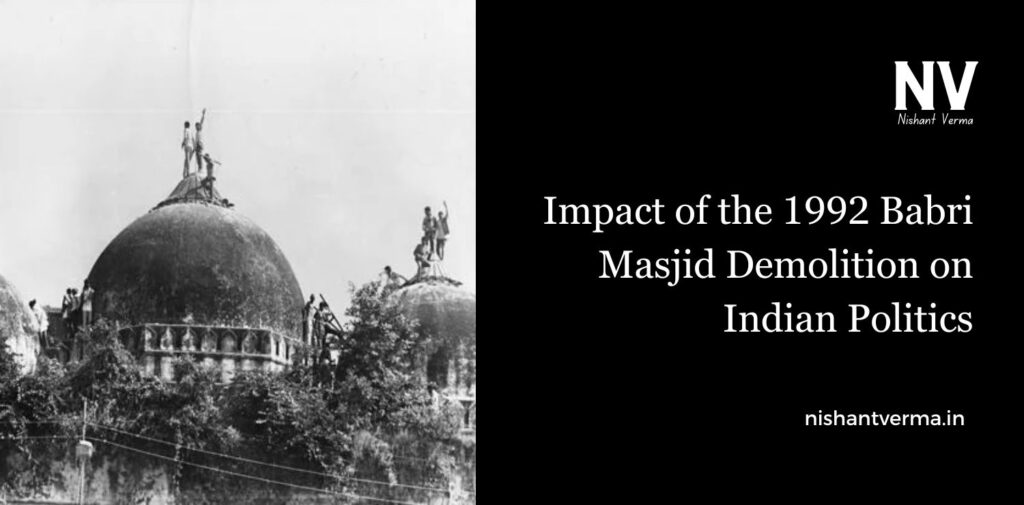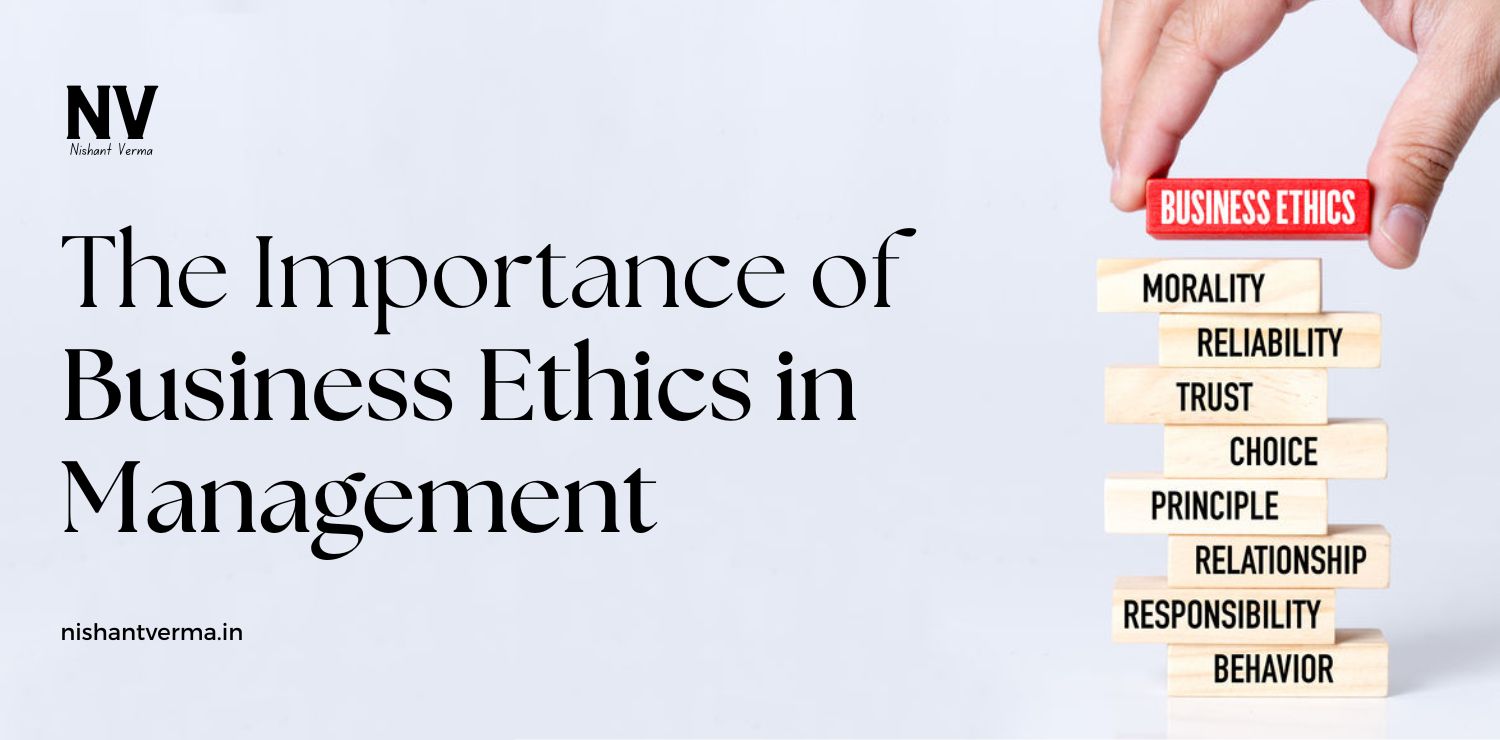In Indian history, certain events have left a deep impact on the country, shaping its future in significant ways. One such event was the demolition of the Babri Masjid in 1992. This event shook the nation and changed the course of Indian politics forever. Even today, it is remembered and discussed for the way it affected the relationships between different communities, the rise of new political movements, and how it changed the way politics was carried out in India.
Let’s break down what happened during the Babri Masjid demolition, how it affected India, and why it is still so important in understanding Indian politics today.
What Was the Babri Masjid?
The Babri Masjid was a mosque located in the city of Ayodhya, in the northern state of Uttar Pradesh. The mosque had been built in 1528 by Mir Baqi, a commander under the Mughal emperor Babur. Over the centuries, the mosque became a significant religious site for Muslims in India.
However, there was a long-standing belief among many Hindus that the mosque was built on the site of an ancient temple that marked the birthplace of Lord Ram, one of Hinduism’s most important deities. This belief led to growing demands from Hindu groups to build a temple at the same spot where the mosque stood.
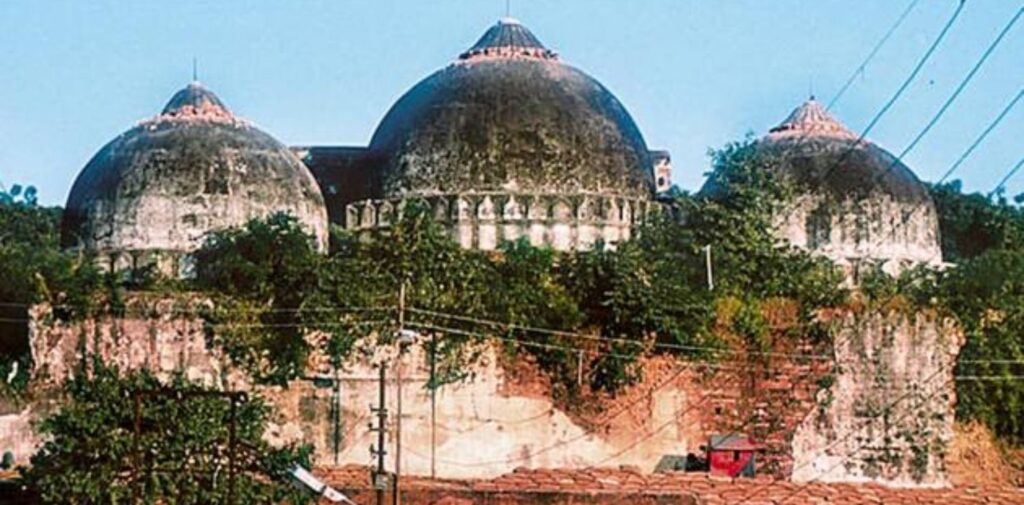
The Demolition of the Babri Masjid
On December 6, 1992, a large group of Hindu activists, led by political leaders and organizations, gathered in Ayodhya. They had been campaigning for years to demolish the Babri Masjid and build a Ram temple in its place. The situation quickly escalated, and the crowd began to demolish the mosque with the help of hammers, pickaxes, and other tools.
The demolition of the Babri Masjid was a shocking event. It led to widespread violence across India, particularly between Hindus and Muslims, and caused great emotional pain for many people on both sides. The event not only caused damage to the mosque but also resulted in riots, loss of life, and a rise in communal tensions across the country.
The Immediate Impact of the Demolition
The destruction of the Babri Masjid led to several immediate and long-lasting impacts on Indian society and politics:
- Communal Violence and Riots: One of the most immediate effects of the Babri Masjid demolition was the outbreak of communal violence between Hindus and Muslims. Riots broke out in several cities across India, leading to hundreds of deaths. The violence created deep divisions within society, making it harder for communities to live together peacefully. People started to feel less safe in areas where they had once coexisted.
- Rise in Religious Polarization: The demolition of the Babri Masjid highlighted the growing religious divide in India. Before the incident, Indian politics was largely based on secularism, which meant that the government and political parties worked to treat all religions equally. However, the Babri Masjid demolition led to a rise in religious polarization, where political parties began to align themselves more with one religion or another. Political leaders from various parties started to use religion as a tool to gain votes. This marked the beginning of what is known as religious politics in India, where leaders and parties began to divide people based on their religious beliefs.
- The Role of the Bharatiya Janata Party (BJP): Before the Babri Masjid demolition, the Bharatiya Janata Party (BJP), a right-wing political party, was relatively small in Indian politics. However, after the demolition, the BJP’s political power grew significantly. The party had supported the movement to demolish the mosque and build a Ram temple in its place. The event helped the BJP to win the support of many Hindus, and they used the issue of Hindutva (Hindu nationalism) as a key part of their political campaigns. In the 1990s, under the leadership of Atal Bihari Vajpayee and Lal Krishna Advani, the BJP gained increasing popularity and emerged as a major political force in India. This shift led to the party becoming one of the strongest political groups in the country, eventually leading to their victory in the 1998 and 2014 general elections.
- The Impact on Secularism: India has always been known for its secularism, meaning the government treats all religions fairly and equally. However, the Babri Masjid demolition and the violence that followed raised questions about the future of secularism in India. Many people began to fear that the country was becoming more divided along religious lines, and secularism was slowly being replaced by religious politics. The event caused a lot of tension between the Muslim and Hindu communities. Muslims, in particular, felt unsafe and marginalized by the growing support for Hindutva politics. The Indian government had to work hard to rebuild trust and ensure that both communities could live peacefully together.
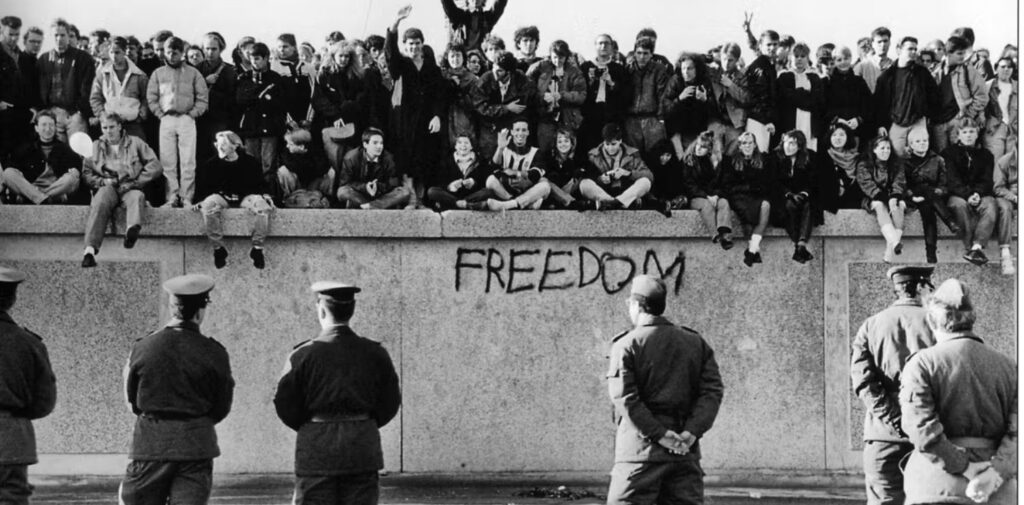
Long-Term Effects on Indian Politics
The Babri Masjid demolition did not just affect Indian society in the short term, but it also changed the way politics worked in India for many years to come.
- Shifting Political Strategies: The events surrounding the Babri Masjid demolition led many political parties to shift their strategies. Political leaders from various parties began to focus more on religious issues, hoping to gain the support of either Hindu or Muslim voters. This resulted in parties like the BJP, which championed Hindu issues, gaining more power. On the other hand, parties like the Indian National Congress (INC) tried to appeal to Muslim voters by promoting secularism and religious harmony. The focus on religion in politics became a key feature of Indian elections in the years that followed the demolition. Parties often used religious symbols and statements to attract votes, making it harder for India to maintain its secular image.
- The Rise of Regional Parties: After the Babri Masjid demolition, India saw a rise in regional political parties that represented specific communities or regions. These parties often focused on the issues of local people, including religious concerns. For example, in Uttar Pradesh, the Samajwadi Party and the Bahujan Samaj Party (BSP) rose to prominence as they supported the interests of specific social and religious groups. The rise of these parties meant that national parties like the Congress and BJP had to work harder to win elections, as regional parties gained significant influence in many states.
- Legal and Social Efforts to Heal Divisions: In the years following the demolition, efforts were made to heal the social and political divisions caused by the event. The Indian government set up commissions to investigate the incident and punish those responsible. However, despite these efforts, the incident continued to be a source of tension in the country. The courts also began hearing cases related to the Babri Masjid demolition, and the legal proceedings went on for many years. In 2019, the Supreme Court of India ruled that the land where the Babri Masjid once stood should be given to Hindus to build a Ram temple. However, the ruling also ordered that Muslims be given land to build a mosque elsewhere. This decision was meant to resolve the long-standing dispute and help bring peace between the two communities.
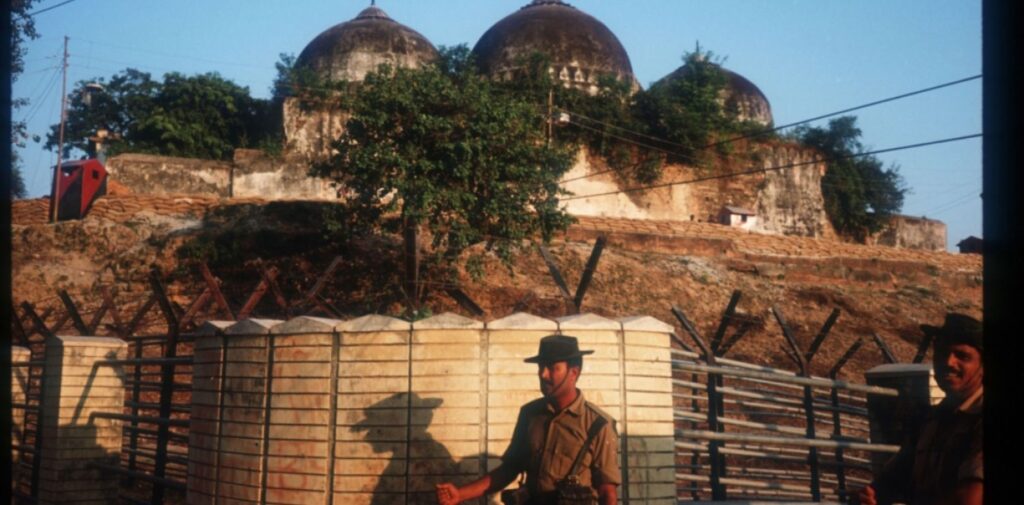
Conclusion
The demolition of the Babri Masjid in 1992 was a turning point in Indian politics. It led to violence, religious polarization, and a shift in how politics were conducted in India. The event also helped certain political parties, like the BJP, gain significant power by appealing to religious sentiments. The Babri Masjid demolition caused divisions between Hindus and Muslims, but it also opened the door to debates about secularism, religious politics, and national unity.
Though the Babri Masjid demolition remains a controversial and sensitive topic in India, it is important to remember that India’s strength lies in its diversity. It is up to the people and politicians to learn from the past and work toward a future where all communities can live together in peace and harmony.

